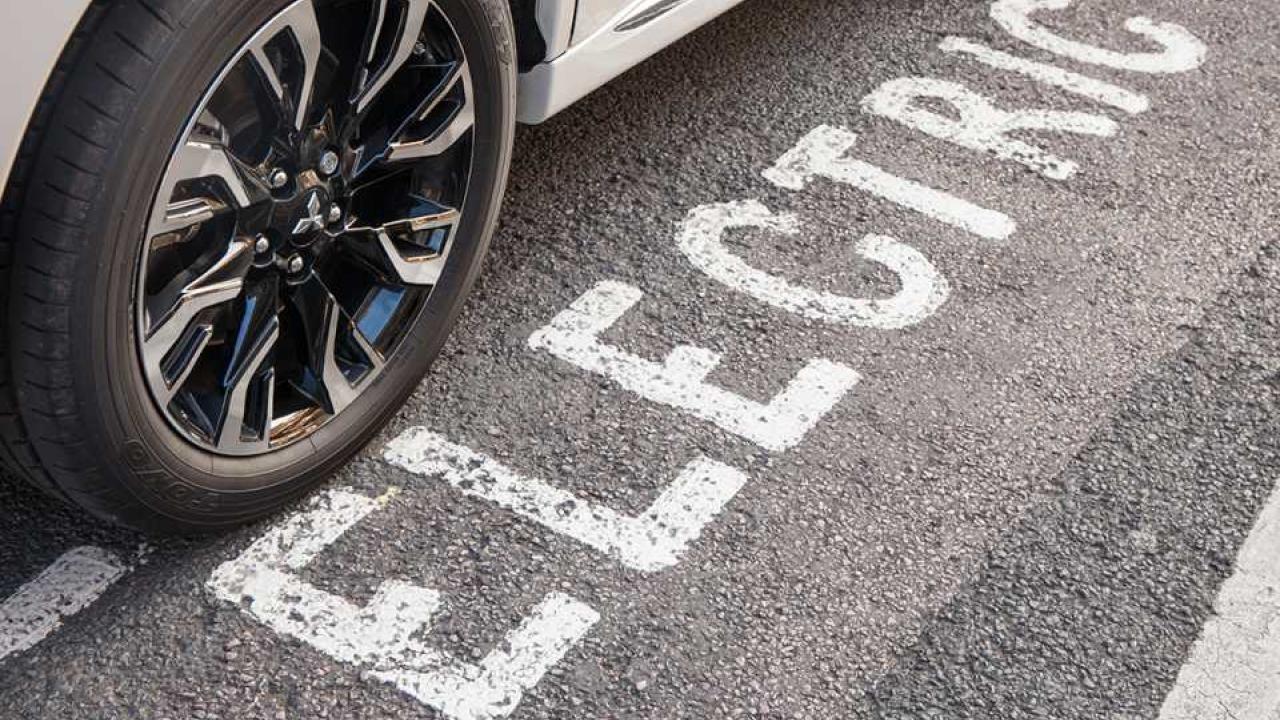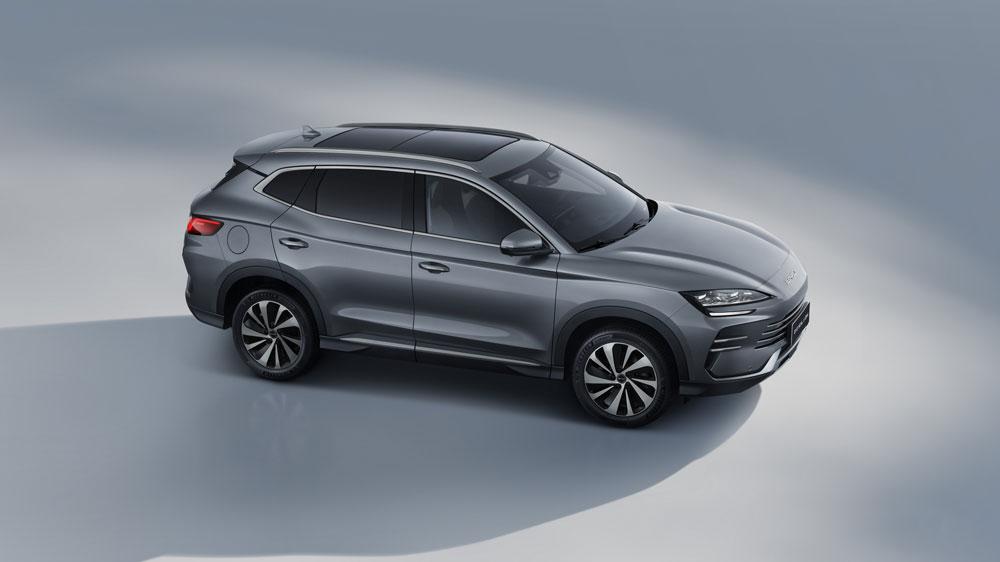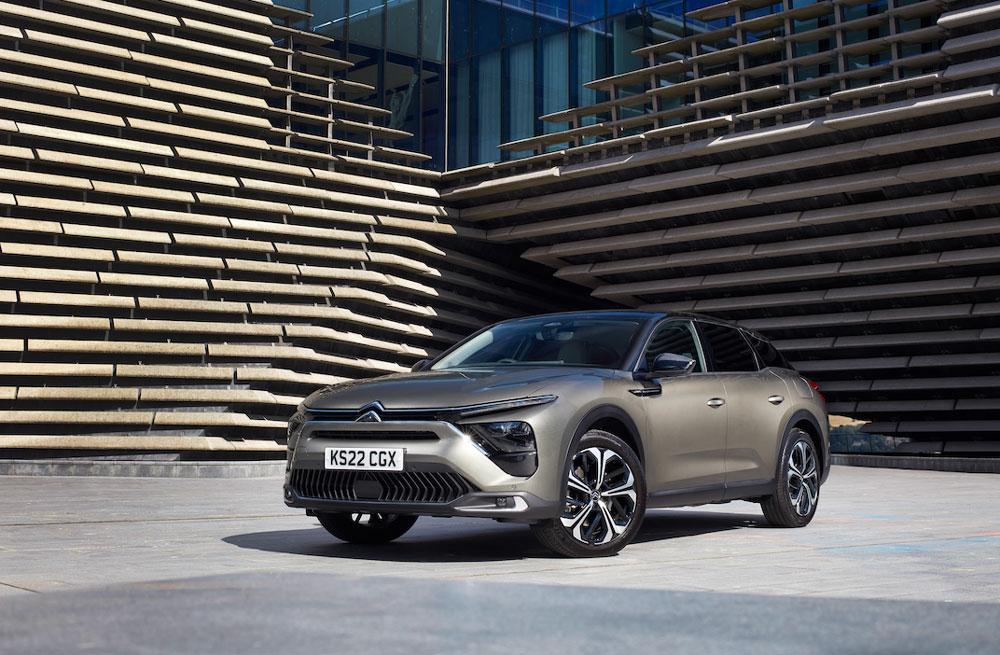Fleet Logistics UK and Ireland has said that that PHEVs can be the ideal business tool for company drivers looking to transition between conventional ICE (Internal Combustion Engine) engines and electric vehicles – provided they are used properly.
The company has produced a series of whole life cost calculations for clients to show the true impact of driving PHEVs on the conventional petrol engine alone and not employing electric propulsion. Not only does this method add unwanted carbon dioxide into the atmosphere but it racks up unnecessary fuel and whole life costs.
The figures back up those produced recently by to independent global testing and data specialist, Emissions Analytics, which found that, if a PHEV has not been plugged in and charged correctly, on average it returned 37.2mpg and CO2 emissions of 193.3g/km, which is far worse than its official NEDC (New European Driving Cycle) results.
Using a BMW3 Series 330e automatic saloon as an example and taking figures from ongoing work with clients to evaluate the optimum drivetrains options, Fleet Logistics UK found that the additional costs of non-charged PHEVs are high.
For example, using published mpg figures, fuel consumption drops from 176.60mpg to 50.40mpg if driven on the petrol engine alone. As a result, the monthly fuel costs increase by more than £57 on a 10,000 mile per annum contract
The fuel cost differential is even more marked over longer mileage intervals. For example, on a 15,000 mile per annum contract the fuel cost goes up by £86 per month, on 20,000 miles per annum it increases by £115 per month, and on 25,000 miles the fuel cost rises £145 per month.
This has a marked impact on the car’s whole life costs. Taking a 10,000-mile contract as an example, the whole life costs of the PHEV increase by £46.84 per month rising to £142.40 per month over 25,000 miles, if only the petrol engine is used.
For a large fleet running several hundred of these cars, the cost increases are clearly substantial. However, the drivers are not penalised over their driving style in terms of the
Benefit-in-Kind taxation they pay, as this can start at £106 per month for a 20% taxpayer and £212 for a 40% taxpayer, regardless of how they drive the vehicle.







